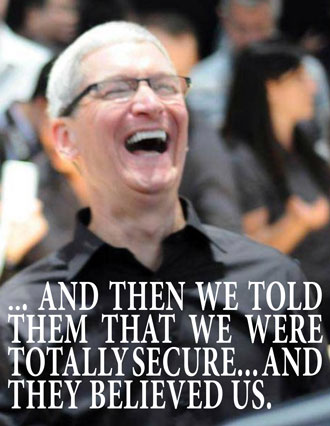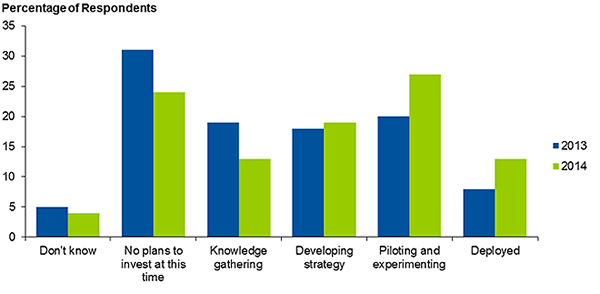 Yahoo has decided to kill off the product which started it all off.
Yahoo has decided to kill off the product which started it all off.
In 1994, Jerry Yang and David Filo, graduate students at Stanford University, created a hierarchical directory of websites, “Jerry and David’s Guide to the World Wide Web”. In March of that year, they gave it the name “Yahoo!” for “Yet Another Hierarchical Officious Oracle.”
At the time, human-curated web listings were the bee’s knees and search engines were not exactly up to snuff. At the time, the web was a smaller place and in those golden times children were respectful to their parents.
Directories were killed off as the web grew and Google, in particular, made search engines useful. The directory fell out of fashion. Yahoo kept its directory around with hundreds of thousands of sites listed, but fewer people use it.
Now it is for the chop. Yahoo has shut down more than 60 products and services in a bid to do fewer things better. The directory has escaped previous culls, but has finally been deemed surplus to requirements.
You will have until December 31 before the directory is switched off and joins the heavenly chorus of out-of-date tech.




















